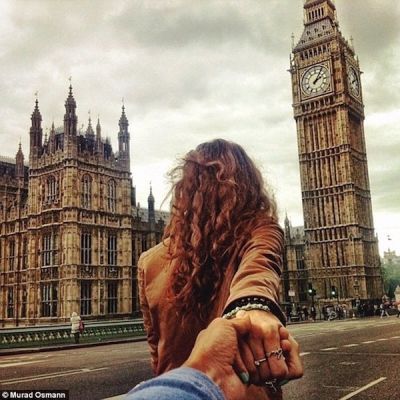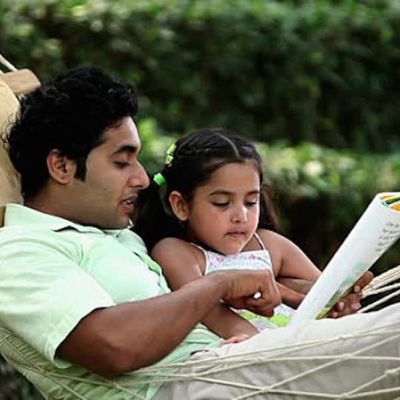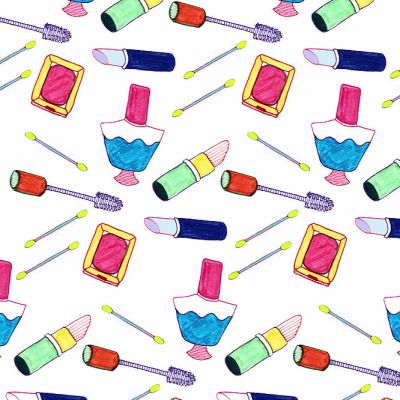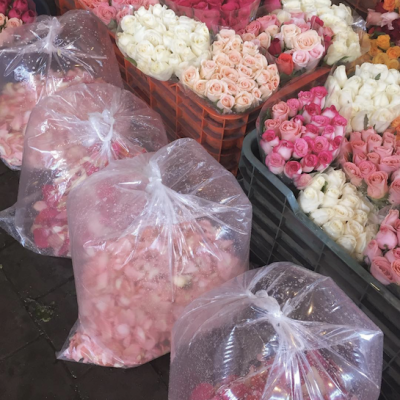Kristin Francoeur
When recently reading about the spouses of H1-B ‘skilled guest worker’ visa holders, certain themes resonate with me. These women discuss how it was not just their CVs that suffered from the forced career break – until 2015, spouses on restrictive H-4 paperwork were forbidden from pursuing employment in the U.S. – but that their core sense of self took a hit.
Looking for birthday gifts for nieces and nephews in a favourite, well-curated bookshop in Delhi, we were dismayed that we couldn’t find any books that told the kinds of stories that we would like for kids today to read and hear.
Where perhaps attire traditionally demarcates community identity (one’s tribe, religion, caste, class, etc.), it has in more recent times (along with other identifiable commodities) come to also be used to express, assert, assess, control and contest individual identity. How does sexuality come into play in matters of attire and identity? And how do they all relate to how we live and connect with each other?
Traditionally, marriage and sexuality have been bagged together and tinted with a bed-of-roses romance that has, over the last century or so, been unpacked and critiqued for propagating oppressive societal structures of gender, class, caste, and sexuality. Indeed, marriage isn’t just about two wedded souls matched in heaven, but about earthly ties that reach far beyond the couple it binds together. What happens when the roses are let out of the bag? This month’s issues of In Plainspeak on Marriage and Sexuality invite us to lean in and take a whiff.
With Assisted Reproductive Technologies, science has managed to use technology to prise apart previous associations between reproduction and sex. With gender, class and queer theory, the social sciences have prised apart previous associations between gender and sex. We have found that knowledge through science, like knowledge of sexuality, can’t be pinned down to absolutes. “The more you know, the more you know you don’t know,” said Aristotle. While science may value the systematic and objective, it cannot escape the baffling convolutions of lived experience. How does life influence knowledge, and knowledge influence life?





